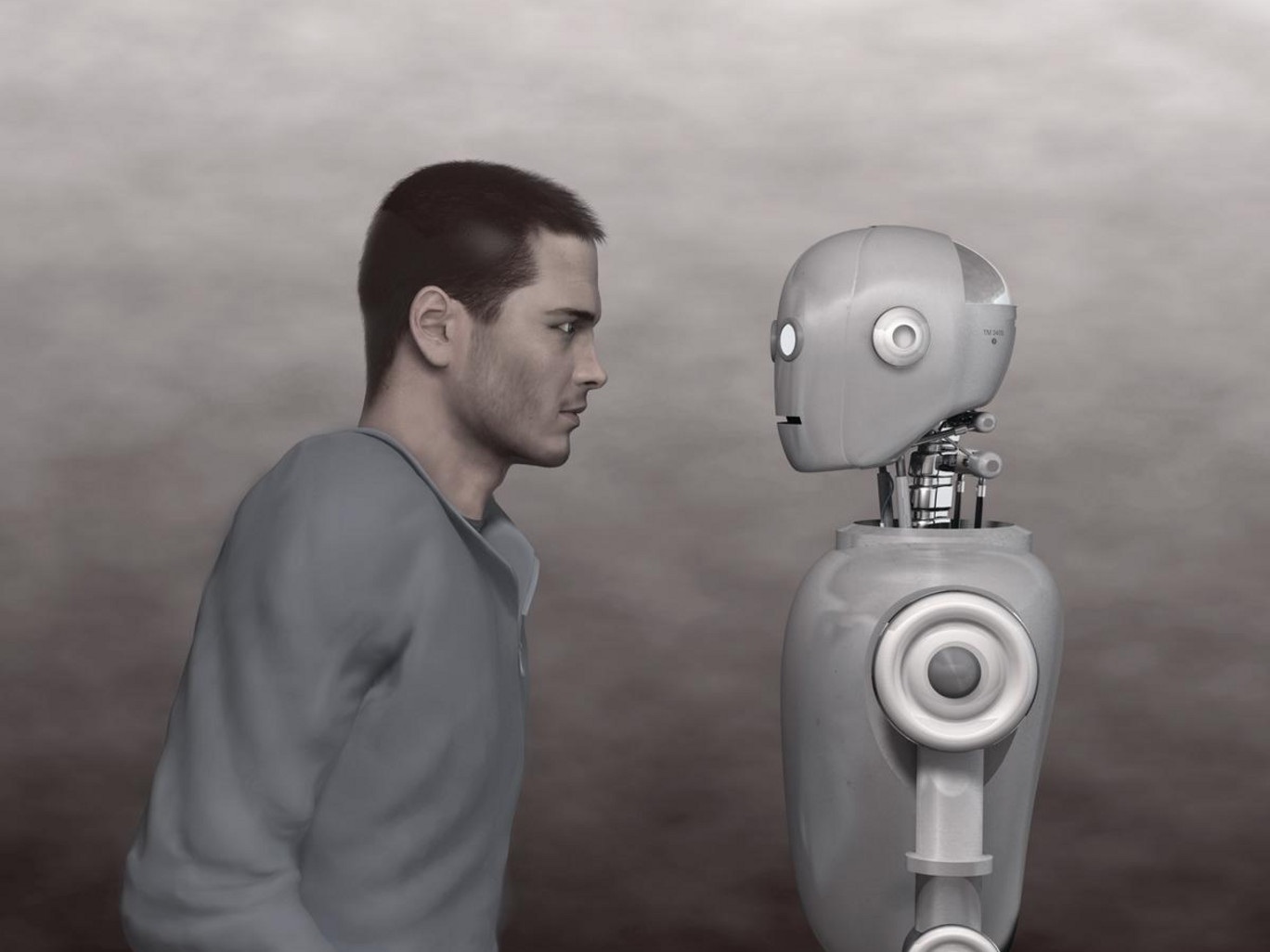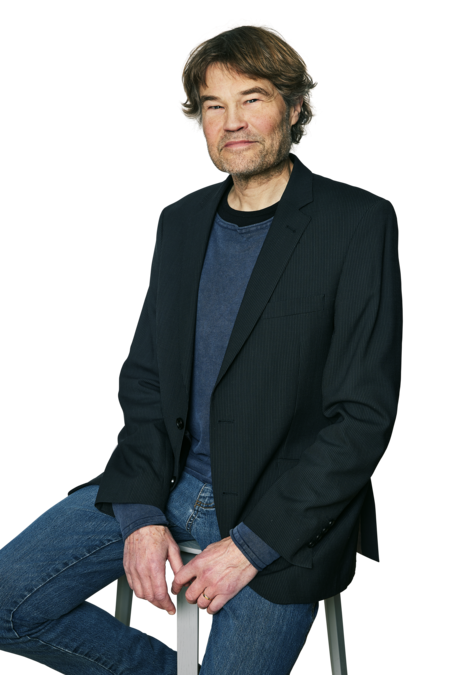DKK 33 million for research in the humanities

11 October 2018
Why have social and unemployment benefit reforms had less effect on the employment rate amongst Denmark’s lowest income groups than expected? How are those reforms tied to significant levels of emotional strain and time-consuming processes experienced by underprivileged groups? And how can policy address this connection?
What does the past sound like? And how does sound – public addresses, music, noise – affect the way we recall the past?
These research topics hint at the scope of the six projects that VELXUX FONDEN's core-group programme for humanities research has selected for grants this year.
Read more about the projects below.
A core-group is a research team. The teams are typically made up of one or two tenured senior faculty members serving as project managers who work closely with two or three post-doctoral or PhD students.
Membership of a core-group can span from faculty in a single department to multi-university teams.
The core-group programme make grants to humanities research and closely related social-science fields. The programme is designed to work together with universities in order to serve their needs and respond to their proposals.
One of the unique aspects of the programme is that every year the university departments take part in the call for proposals. This set-up ensures that the grants support departmental development.
Democratic societies need the contribution of the humanities
VELUX FONDEN began making the humanities a funding priority in 2008, and the core-group programme serves as the backbone of this effort. Together with Danish higher educational institutions, VELUX FONDEN awards research funds to independent, basic research projects
Since 2008, VELEX FONDEN has made over DKK 500 in grants to humanities research.
“VELUX FONDEN has never doubted the decisive role humanities play in our society. They contribute to our aim of promoting enlightened, inclusive, and sustainable democratic societies. And that is why we are pleased and excited to make grants to new, compelling core-group projects,” says Ane Hendriksen, the executive director of VELUX FONDEN.
Documenting how the humanities contribute
A recent report published by the Humanomics Research Centre at Aalborg University in Denmark quantified the extent to which humanities research contributes to the community through science communication and outreach to engage groups outside of academia. The report is funded by VELUX FONDEN.
“VELUX FONDEN believes that the humanities projects we fund make an on-going contribution. In addition to research publications, they contribute to our democratic institutions, cultural institutions and social-welfare institutions, as well as to society’s efforts to address our greatest problems. The academics involved in the projects frequently contribute to the public discourse by advising policy-makers, by commenting or reviewing the books that wind up at the bookstore or on the student’s shelf, or by writing books of their own,” says Henrik Tronier, the head of the core-group programme.
This year’s grant recipients are:
Assistant Professor Nina Holm Vohnsen and Associate Professor Bagga Bjerge, Department of Culture and Society, Aarhus University
DKK 5.2 mio.
Despite numerous reforms of the benefit systems and public and private services targeted the most marginalized citizens in DK, quantitative research shows that these groups rarely succeed in obtaining sustainable employment. At the same time, qualitative research shows that the everyday economic, logistical, and emotional challenges faced by people living low-income lives are of a very exhausting and time-consuming nature – activities we call “poverty-work”. We need research that links these insights as well as investigates the causality between low income and lack of ability to profit from social and employment services. In this project we therefore focus on three categories of benefit recipients (socially marginalized Greenlanders, single parents, and homeless young men) with the aim of understanding the scope and quality of poverty-work including how it obstructs, is hampered by, or achieves synergy with social and legislative interventions. We do this in order to theorize how policies may strengthen or further weaken the position of the people they aim to assist.
Associate Professor, PhD Jesper Nielsen and Associate Professor Christophe Helmke, Department of Cross-cultural and Regional Studies, University of Copenhagen
DKK 4.5 mio.
The project “The Origins and Developments of Central Mexican Calendars and Writing Systems” will for the first time document and analyse the pre-Columbian writing systems and calendars in central Mexico as one continuous system from approx. AD 200 to the 16th century. The project thus covers the time span from Teotihuacan culture through the Aztec and on to the early colonial period. One of the goals is to outline the development of the writing system and its relation to the languages of central Mexico across that period, as well as to obtain a better understanding of the content and cultural significance of these written sources. The broad, diachronic and cross-disciplinary approach of the project will throw new light on the linguistic, literary and culture-historical development in an extended period in central Mexico, thus forming a significant and innovative contribution to the current research on the western Mesoamerican writing tradition, as well as, in a broader perspective, contribute to the general knowledge of the development of writing systems, including palaeographic methods.
Professor Tor Øystein Hernes and Professor Silviya Svejenova, Department of Organisation, Copenhagen Business School
DKK 6 mio.
Research on innovations in society tends to overlook how innovations draw inspiration from the past while addressing future scenarios. This project addresses this gap by focusing on what we call the “temporality of innovations”, which focuses on how innovations are shaped by the ways in which actors imagine novel futures while rethinking the past. The Danish food sector is an ideal context for studying the temporality of innovations because it draws upon craft and traditions while inviting imagination of new futures with different technologies, practices, habits, and ways of organizing. Furthermore, the Danish food sector is a particular example of a field where actors at different levels contribute to changing the very meaning of food and its role in society. We investigate how, in companies, at events, and across public institutions, food innovation processes attentive to both the past and the future come to being and contribute to this societal change. Drawing on findings from three sub-projects, we develop theoretically the notion of and framework on the temporality of innovations.
Associate Professor Simon Stjernholm, Department of Cross-cultural and Regional Studies, University of Copenhagen
DKK 5.7 mio.
Muslim religious authority structures are changing, in Denmark as well as globally. A new generation of Muslim religious leaders are facing particular challenges, possibilities and audiences, which demands a continuous rearticulation of Islam. The research project Rearticulating Islam explores central aspects of this process by dealing with three questions: How do Danish-speaking Muslim preachers and teachers articulate and embody Islam in religious discourse, and how can these expressions be understood? Why do Danish Muslims pursue Islamic education abroad, and what impact does this have? How does the Danish public sector accommodate and use Muslim religious actors, practices and norms? The project’s researchers will investigate these questions through e.g. interviews, document analyses and participant observation.
Professor MSO Wulf Kansteiner and Associate Professor Andreas Steen, Department of Culture and Society, Aarhus University
DKK 5.6 mio.
What does the past sound like? How do past sounds remembered or imagined help shape our collective memories? SoundTrak explores soundscapes in the three Cold War battleground states of Taiwan, East Germany, and Denmark, comparable in size and strategic setting, through a topic fundamentally related to questions of national independence: the memory of WWII warfare, occupation, and liberation. SoundTrak is part of a new aural turn in memory studies and advances the state of the art by comparing European and Asian, communist and capitalist aural memory cultures and by focusing on the memory challenges of small countries during periods of intense ideological strife, swift technological change, and rapid globalization.
Professor Leonard Seabrooke and Associate Professor Eleni Tsingou, Department of Business and Politics (DBP), Copenhagen Business School
DKK 5.7 mio.
The NICHE project offers an innovative framework for understanding how experts create niches to influence markets for specific products in Denmark and around the world. The project focuses on the types of social and economic environments that allow experts to develop niches, that can be exploited to have a strong market presence. NICHE will advance theories about how experts and environments interact when developing and strengthening market innovations. NICHE examines a number of case studies that include biotechnology, sperm banks, gastronomy and organic foods. The project uses a unique methodological mix that combines social network analysis, interviews, and stakeholder meetings. NICHE will promote knowledge about how Danish niche markets are fostered and strengthened.

Core-group grants 2008-2018

Core-groups
VELUX FONDEN's core-group programme funds research in the humanities and allied social science disciplines.

Grants for human science
We make grants to research in the humanities - in addition to reasearch in ophthalmology and in gerontology.

